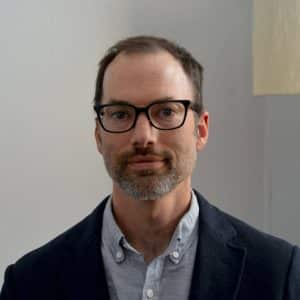By
Christina P. O'Neill
September 6th, 2022

Spencer Biel, Psy.D, is the director of the Remote Access IOP.
In its upending of everyday life, the COVID epidemic has also given the therapy community at the Stockbridge, Mass.-based Austin Riggs Center an unlikely catalyst to create an innovative Intensive outpatient program (IOP).
Launched last November, the program is aimed at college students already experiencing troubles brought on by the pressures of entry into the adult world.
The advent of COVID called for the creation of online and hybrid treatment systems at Austen Riggs to continue to deliver therapeutic help while protecting the health of staff and patients. To date, the Center’s IOP has treated about 30 students.
The center adapted to COVID-induced limits on in-person work by shifting to HIPAA-compliant Zoom. With this adaptation, it ide...
Posted in
Articles,
Subscribers |
Comments Off on Remote program for college students goes beyond crisis help to recovery

